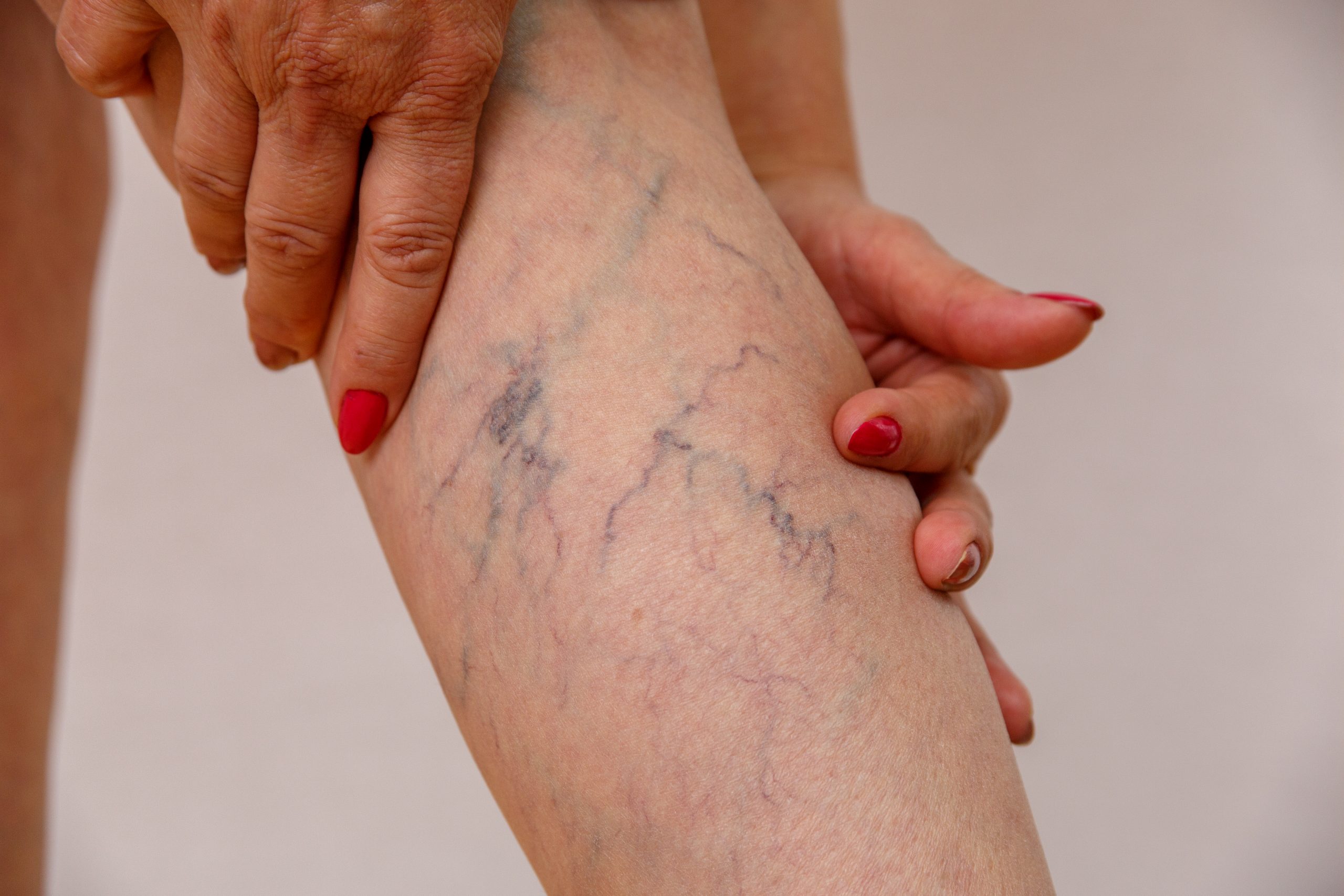Varicose veins have been a problem for a lot of people. It has impacted their life and made it challenging to do everyday duties due to its discomforts and looks. Its discomforts and appearances have affected their lives and made it hard to do daily tasks. Are you also bothered by the formation and distress caused by varicose veins and looking for treatment for varicose veins? If so, you've taken the first step toward having healthier legs and improving your well-being. You should finish reading this article if you have varicose veins as this article will explore varicose veins in-depth and find out How can I get rid of varicose veins without surgery?
Non-Surgical Treatments At A Vein Center
The diagnosis and treatment of varicose veins is a specialty of vein centers. In contrast to traditional surgery, they provide minimally invasive non-surgical therapies that are more comfortable. The following are some common non-surgical options available at a vein center:

- Sclerotherapy
Varicose veins can be treated without surgery with the help of sclerotherapy, which is why it is appreciated and successful among patients. An experienced medical practitioner performs this operation by injecting a particular solution right into the afflicted vein. The solution causes the vein's lining to become inflamed, collapse, and finally vanish. Varicose veins gradually fade as blood is redirected to healthier veins as time passes.
- Endovenous Laser Ablation (EVLA)
Another non-surgical approach is endovenous laser ablation, sometimes referred to as EVLA or EVLT. A tiny incision is used to introduce a laser fiber into the afflicted vein at the time of this surgery. The vein collapses and closes as a result of the laser's energy beam heating and sealing the vein. Similar to sclerotherapy, the varicose vein eventually vanishes as the flow of blood is redirected to healthy veins.
- Radiofrequency Ablation (RFA)
In contrast to EVLA, radiofrequency radiation is used in radiofrequency ablation, or RFA, to seal off the varicose vein. A tiny tube is put inside the vein as part of the treatment, and radiofrequency energy is supplied with the help of that tiny tube to heat and seal the vein. Both the look and signs for varicose veins get better as the vein closes and the flow of blood is redirected to healthier veins.

Advantages Of Non-Surgical Treatments
A vein center's non-surgical procedures provide a number of benefits over conventional surgery, including:
- Minimally Invasive
Non-surgical procedures are minimally invasive, necessitating just a few tiny cuts or injections. In comparison with surgery, this minimizes the chance of problems and enables a speedier recovery.
- No General Anesthesia
In order to undertake non-surgical procedures, local anesthetic or moderate sedation is frequently used as an alternative to general anesthesia. Patients are made more at ease, and the operations are safer as a result.
- Quick Recovery
The healing period for non-surgical procedures is often quicker as they need less physical intervention. After the treatment, patients may often return to their regular routines within a couple of days.
Conclusion
A significant level of discomfort can arise from varicose veins, hindering daily life activities. Thankfully, a number of treatments are available to counter that situation due to advancements in medical technology. A vascular surgeon or phlebologist can provide a proper diagnosis and accurate treatment. This article has helped you to know what does a vein clinic do and what are some non-surgical treatment options available to treat your vein condition.





